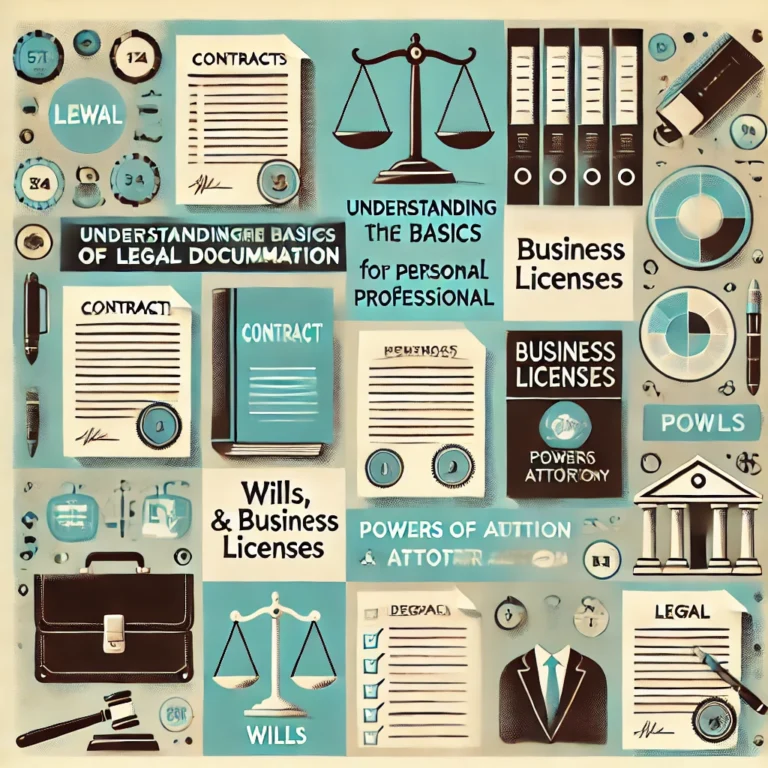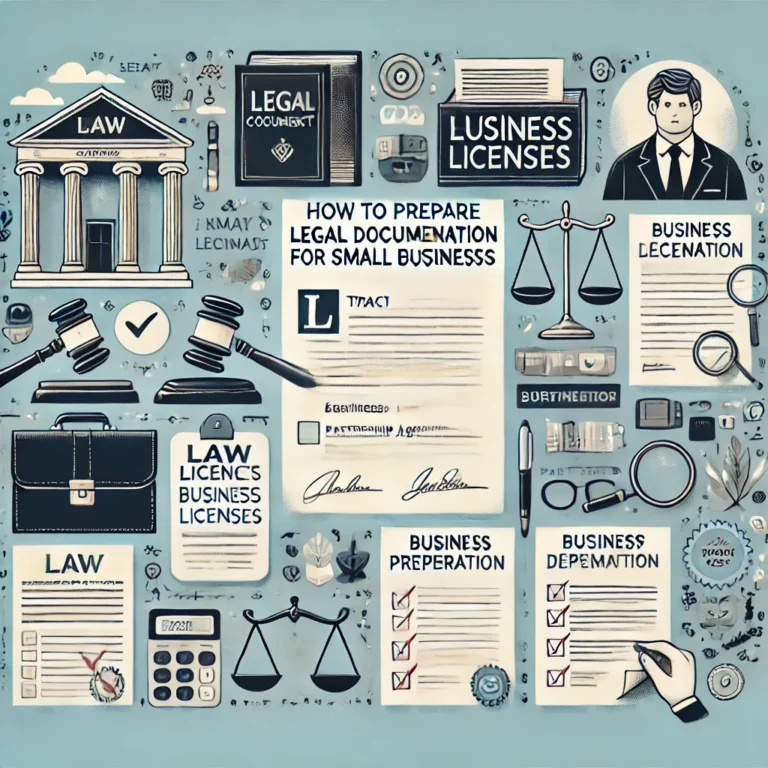Streamlining Your Legal Paperwork: Trust Deeds and Power of Attorney Forms
Introduction
Legal documents are not easy to understand, and they can trap you all into maze! The completion of Trust Deeds and Power Of Attorney forms are two documents which often create confusion. If you are affected by or just want to understand the difference between a few of these terms, this guide can help explain everything so it makes more sense.
Trust Deeds, and Power of Attorney Forms
Trust Deeds: The Basics
What is trust deed – Trust Deed A trust known as a, however, bonds over it all. It delineates the trust stipulations, trustee obligations and beneficiary rights. In other words, it is a method to shelter and oversee the use of assets so that they are spent in keeping with what meant by creator or settlor.
Power of Attorney Forms: What You Need to Know
A power of attorney (POA) form authorizes someone else to act on your behalf for legal or financial matters. You may need this in case you are unable to make decisions about your own personal care. It gives different degree of authority and purpose depending on the types POA.
Why the hell should you keep your hands on these papers?
Protecting Your Assets
A trust deed allows the management of your assets and estates in accordance to your direction, bringing peace of mind or security for all the beneficiaries.
How to Conduct Business When You are Unconscious
Power of attorney forms enable someone to act as a personal representative for you and make decisions on your behalf.
Types of Trust Deeds
Living Trust Deeds
A living trust is meant to be made when the individual making it, also referred to as the grantor or settlor of a trust, is still alive. During the lifetime of the trustor, it can be revocable or irrevocable which makes provision for spousal control & flexibility in managing assets.
Testamentary Trust Deeds
These types of trusts are created through a will and do not come into operation until after the death of trustor. If you draft a will, the terms of which can be very specific – such as advising your loved ones on how to make use and distribute assets in painstaking detail.
Charitable Trust Deeds
Charitable Trusts: these are special organizations created to benefit a charity or cause. The offer the trustor significant tax benefits and a way to put their substantial family wealth towards deserving causes.
Types of Power of Attorney
General Power of Attorney
This gives the agent sweeping authority to act on your behalf in many matters. But it usually is invalid when you become incapacitated.
Durable Power of Attorney
Once a POA is durable, then it cannot be voided if you become incapacitated. Crucially, it is an asset for long-term planning and maintaining the control of your own affairs.
Limited or Special Power of Attorney
Specific (limited) POA for a specific task or period of time. Many just include a lien on specific actions, such as the sale of property or handling an individual financial trade.
Medical Power of Attorney
Medical POA: This type of document gives your agent the ability to make healthcare decisions on your behalf. Which Rachael may need to consult her family doc for help with in the case of some decision, it could be a treatment or surgery or maybe care plan.

How to Create a Trust Deed
Step 1: Define Your Goals
Decide on your Trust objectives. This might be asset management or the provision for beneficiaries and charities.
Step 2: Choose a Trustee
Choose a reliable person or organisation to administer the trust. The person should be trustworthy and capable for this responsibility.
Step 3: Draft the Trust Deed
Employ a solicitor to draft the trust deed At the time a trust is created, this document should specify what are in that trusts and require both trustee duties as well as beneficiary rights.
Step 4: Fund the Trust
Fund the Trust For example, this can refer to a real estate or valuable financial accounts.
Step 5: Review and Update
Do not forget to review the trust on a regular basis – it is still your best interest in mind. You will need to revise this as needed depending on changes in your life or preferences.
Making a power of attorney
Step 1: Determine Your Needs
Choose Your Type of POA Think about the authority and responsibilities you want to delegate with it.
Step 2: Choose an Agent
Choose a friend or family member who is reputable to represent you. That you should have someone who can take care of those obligations and look out for your best interest.
Step 3: Draft the POA Form
Use The POA Form created by law. Make sure that it detail the powers/authority of your agent and any restrictions.
Step 4: Sign and Notarize
Step 2: Sign POA in the Presence of a Notary Public Step 4 – The next step is to make the document legall-binding; this aspect of it incredibly important.
Step 5: Distribute Copies
Distribute clearly marked copies of the POA form to your agent, all financial institutions, etc. Said formal indication makes clear to all who have knowledge of the authority of that agent.
Common Mistakes to Avoid
Not Defining Clear Terms
In cases where the trust deed or POA form is ambiguous, it can generate confusion and disputes. Ensure That Words Are Clearly Defined.
Choosing the Wrong Person
If you choose a trustee or agent who is inexperienced, fairly distant from your estate (in terms of relationships within the family), and possibly untrustworthy to mismanage on their end. Take a person with the skills and integrity.
Failing to Update Documents
Over the course of time, your circumstances or desires may change. Ensure your trust deed and POA forms are reviewed regularly to keep them up-to-date.
The Cost of Power of Attorney
Factors Affecting the Cost
How much does a Power of Attorney cost to make & what is the price range?
Typical Costs
It is going to run you anywhere between $100 and $500 in the event that… However, complex plans can often lead to more legal fees as it may take multiple attorneys with specific expertise on certain matters.
Saving on Costs
Create a POA by using online legal services While the services are generally cheaper than working with a traditional lawyer, make sure that they also provide complete and accurate documents if you decide to use them.
Lake County IL Real Estate Planning Attorney
Online Directories
There are also websites of directories such as Avvo or Martindale Hubbell where you can find a list of estate lawyers near you. Many of these platforms also list comments and ratings to help you decide.
Local Bar Association
Your local bar association can refer you to a reputable estate lawyer in your area. This is your trusted partner in finding the capable solicitors.
Personal Recommendations
Recommendations from Friends, Family or co-workers. Referrals from friends and family can offer a candid look at an attorney’s abilities – or lack thereof.
Why Do You Need Lasting Power of Attorney Forms?
Ways You Can See To It That Your Wishes Are Honored
A Lasting Power of Attorney (LPA) allows your decisions to be made for you in the event that incapacity strikes. This legal document gives someone in whom you have confidence the power to act on your behalf.
Choices about Money and Health
LPAs can be for finance or health. This makes sure everything in your life is managed how you want it to be.
Peace of Mind
An LPA allows you to sit back and relax knowing that your matters will be looked after by the person or people who best understand what is most important for you. However, it is a step in some preparation for the future.
A Simple Guide On Trust Deeds Vs. Power of Attorney Forms
Will vs Trust Deed
A trust deed is a type of document that creates a trust, which can hold control over your assets when you are alive and after death. The will is the legal document that sets out who should get what after you die. Trusts offer more control and privacy than wills.
Can You Revoke a Power of Attorney?
A power of attorney can be cancelled at any time, as long as you are mentally competent. For this, you must send written notice to the agent and any affected institutions.
Deciding On The Right Trustee
Select a trustee that you can trust and count on to make sure everything in the Trust is administered as it should be This can be a family member, friend or even an institution.
What Occurs If I Do Not Have a Power of Attorney
Without a power of attorney, the court may have to appoint a guardian or conservator in your name if you become incapacitated. Needless to say, the process could take a while and might not be preferable.
Can I Trust Online Legal Services to Create These Documents?
This is where cost effective online options of legal services step in to help create trust deeds and POA forms. But make sure that the service you are using is giving complete and true papers, maybe for complex situations take advice from a lawyer.
Conclusion
It is not that much difficult to simplify your legal paperwork. Know this (trust deeds and power of attorney forms) to protect your assets; honour your death wish! For yourself, or for a loved one you are helping to manage their own affairs, these documents provide important planning and give peace of mind. Select trustworthy trustees and agents, specify the terms of their respective obligations accurately in your documents, and endow them with comprehensive powers to take immediate actions as necessary. We hope those steps will have removed the biggest obstacles for you and given you a great sense of relief about preparing some tough legal paperwork.
FAQs
What Are The Key Features Of A Trust Deed?
This is where the trust deed comes in: a trust deed helps to take care of all these things by making sure that your assets are managed and secured correctly, they utilize as you desire them to be used while also allowing how distribution should happen out.
How Often Should I Review My Trust Deed and Power of Attorney?
They should be revisited every 2-3 years and most certainly anytime there is a significant change in your situation such as marriage, divorce or having children.
NOTE: This is not a health care power of attorney.
A health care power of attorney grants the agent permission to make healthcare decisions on your behalf.
What if a Trustee Fails to Manage the Trust Responsibly?
At trial, a beneficiary can seek to have the trustee removed for breach of trust. So, it becomes very important to choose a trustee wisely otherwise such situation may come up.
Do you need both a will and trust deed?
Although it is not required, both of them together would amount to complete estate planning. One nuance of estate planning a will can accommodate, that state agency officials are deliberate to share: A trust does not have as much flexibility.






